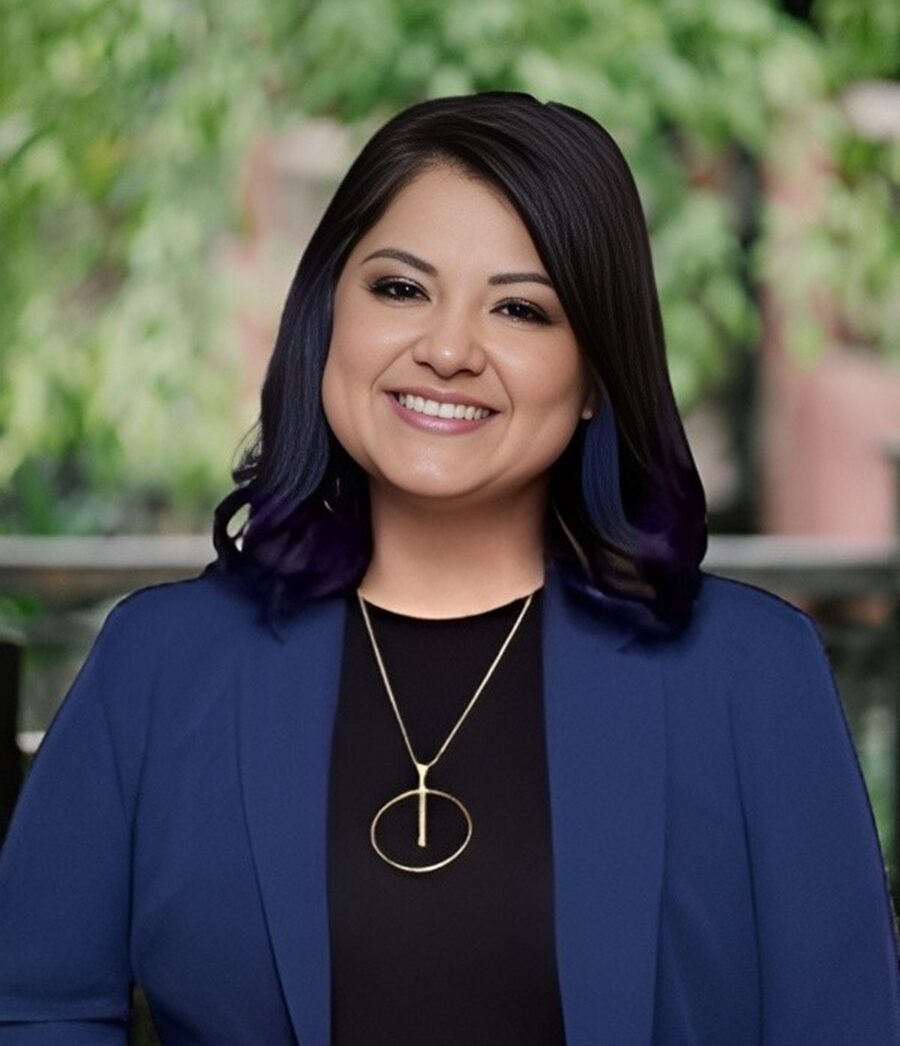Rubi Lopez, LPC
Navigating the intricacies of human experience has been the driving force behind Rubi’s journey as a clinician. Her academic journey began with a bachelor’s degree in criminology, which sparked an interest in understanding human behavior and the impact of trauma. This passion led her to pursue a master’s degree in Rehabilitation Counseling, equipping her with the skills to support individuals on their paths to recovery and resilience.
Discovering a profound commitment to trauma-focused therapy, Rubi set out on the path to become a Licensed Professional Counselor. Currently enrolled in a doctoral program in International Psychology with a concentration in Trauma at The Chicago School of Professional Psychology, she specializes in trauma recovery, anxiety, depression, and addressing the effects of trauma on interpersonal relationships.
As a Licensed Professional Counselor and Certified Clinical Trauma Professional Level II (CCTP-II), She has worked in diverse settings, including community and private practice, providing individual counseling to individuals. Actively participating in trauma-informed care initiatives and therapeutic communities, she is committed to creating a therapeutic space where clients can explore their concerns with safety and empathy.
Education and Training
-
Master of Science, University of Texas Rio Grande Valley
- Licensed Professional Counselor
-
Acceptance and Commitment (ACT)
-
Cognitive Behavioral (CBT)
- Dialectical Behavior (DBT)
- EMDR
Areas of Focus
- Trauma Recovery
- Trauma and PTSD
- Life Transitions
- Anxiety and Stress
- Coping Skills
- Self-Worth and Identity Challenges
Read Our Blog
Check In With Your “Happy” Friends: Mental Health Awareness Month
Robin Williams, beloved for his comedic brilliance and infectious energy, brought joy to millions through his performances. Despite his outward persona, he faced an internal battle with depression and mental health struggles. Many of us remember the shocking tragedy...
3 Benefits of Using Telehealth Video Therapy
With an increase in beneficial technology, we’re able to establish the most effective practices, rituals, and daily habits to support our mental health and wellbeing with the best quality of sleep possible.
How to Improve Sleep Hygiene Using 3 Free Apps
With an increase in beneficial technology, we’re able to establish the most effective practices, rituals, and daily habits to support our mental health and wellbeing with the best quality of sleep possible.




